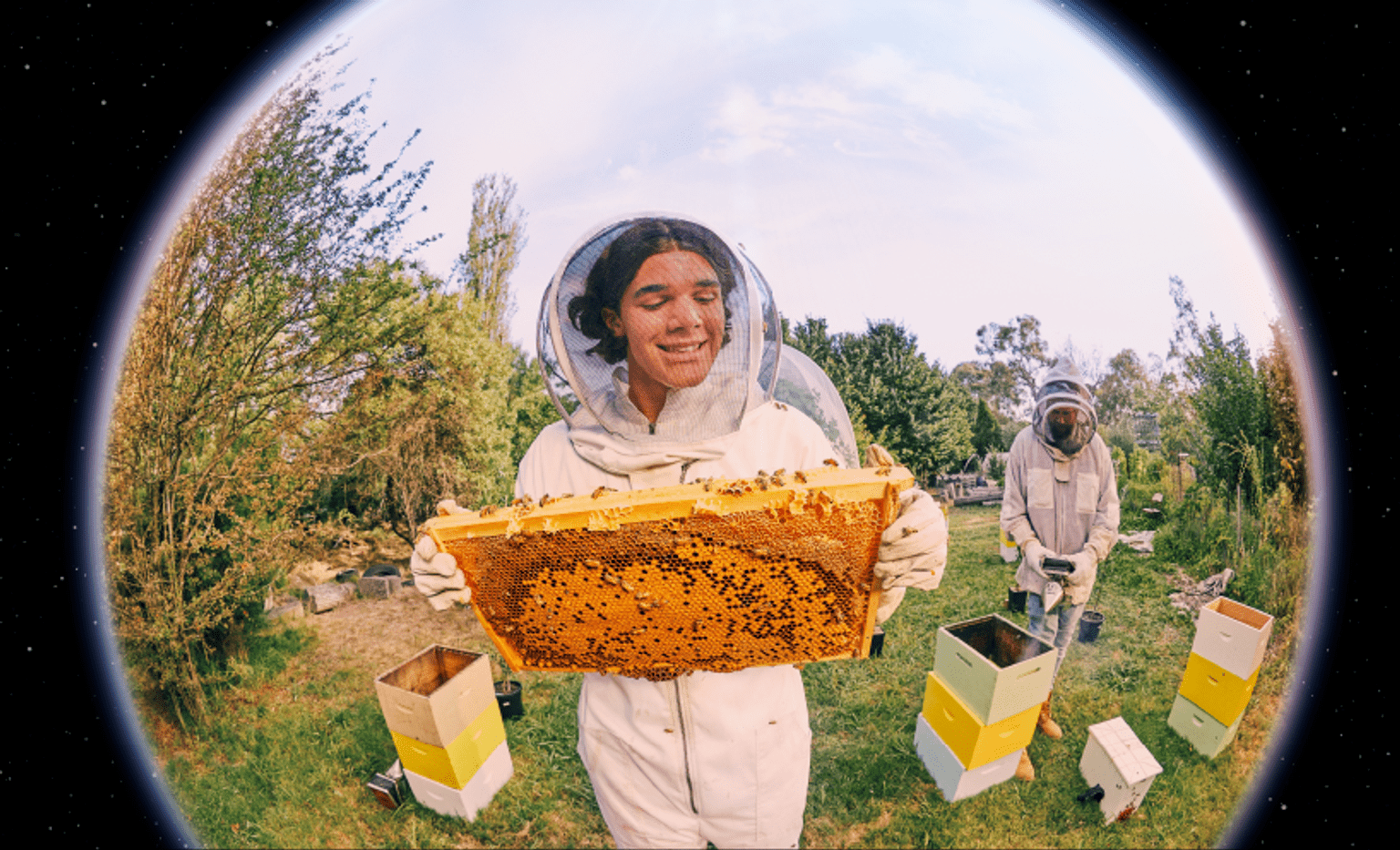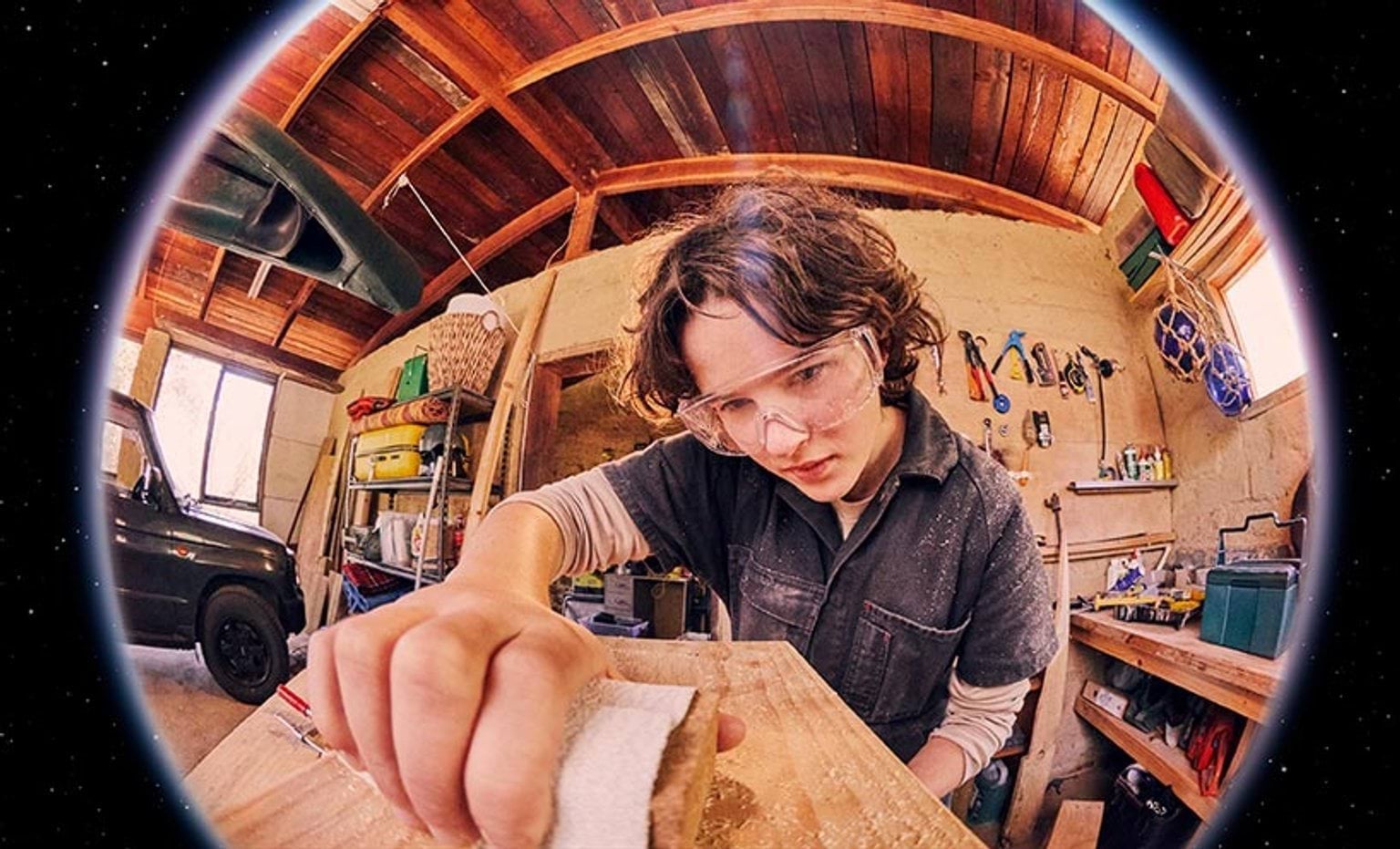Learn more about your options for subjects in Year 11 and 12
When choosing your subjects for Year 11 and 12, it’s important to consider what you’re good at and what you enjoy.
If you know what you want to do when you leave school, you can include subjects that will lead you to that goal.
If you’re not sure, you can include subjects that leave your post-school options open.
Each school determines which VCE subjects and VET study options they offer, and not all schools offer all studies. Check with your school about your options.
Prerequisites
If you want to go to university, start an apprenticeship or study at TAFE, you’ll need to research the requirements for entry. These are called prerequisites, and they differ for each course and provider.
The pathways
There are three main pathways available in Year 11 and 12 – VCE, VCE VM and VPC. You can add VET to any of these pathways.
VCE and VCE VM subjects for Year 11 and 12
Business and Economics
Subject options: Accounting, Business Management, Economics, Industry and Enterprise, Legal Studies.
Design and Technologies
Subject options: Agricultural and Horticultural Studies, Food Studies, Product Design and Technology, Systems Engineering.
Digital Technologies
Subject options: Algorithmics (HESS), Applied Computing.
English
Subject options: English Language, Foundation English, Literature , Literacy (VCE VM students only), Bridging English as an Additional Language, English and English as Additional Language.
Health and Physical Education
Subject options: Health and Human Development, Outdoor and Environmental Studies, Physical Education.
Humanities
Subject options: Australian and Global Politics, Classical Studies, Geography, History, Philosophy, Religion and Society, Sociology, Texts and Traditions.
Languages
Subject options: First Languages, Second Languages, Classical Languages, Aboriginal Languages of Victoria, Chinese Language, Culture and Society, CCAFL.
Mathematics
Subject options: Foundation Mathematics, General Mathematics, Mathematical Methods, Specialist Mathematics, Numeracy (VCE VM students only).
Performing Arts
Subject options: Dance, Drama, Music, Theatre Studies.
Science
Subject options: Biology, Chemistry, Environmental Science, Physics, Psychology.
Visual Arts
Subject options: Art Creative Practice, Art Making and Exhibiting, Media, Visual Communication Design.
Vocational Major
Subject options: Work Related Skills, Personal Development Skills.
In 2025, schools will be able to offer these subjects to general VCE students to include in their program, not just VCE Vocational Major students.
You can also include VET in your VCE, VCE Vocational Major or VPC.

How vocational education and training fits into Year 11 and 12
All you need to know about VET, the skills you’ll get, and where it can take you.
Victorian Certificate of Education (VCE)
If you choose the VCE pathway, you need to make sure that by the end of Year 12, you’ve met all the requirements for the VCE. Your school will help you with this.
VCE subjects are divided into Units 1, 2, 3 and 4.
Units 1 and 2 are often taken together but can be taken separately. Some schools offer Unit 1 and 2 to students in Year 10. This is a good way to find out if you like that subject area and get a head start on VCE.
General VCE students must undertake Units 3 and 4 together in the same year for any individual VCE subject. Students can undertake a Unit 3 and 4 subject in Year 11.
You’ll need to complete at least 16 units, including:
- 3 sequences of Unit 3 and 4 subjects
- 3 units from an English subject (including Unit 3 and 4).
Most students do their VCE over two years, completing between 20 and 24 units.
This usually means:
- 6 Unit 1 and 2 subjects in Year 11 (12 units total)
- 5 Unit 3 and 4 subjects in Year 12 (10 units total).
Example VCE program
Year 11 (6 subjects = 12 units)
- English Units 1 and 2 (from the English subjects)
- Mathematical Methods Units 1 and 2
- Business Management Units 1 and 2
- Psychology Units 1 and 2
- Media Units 3 and 4
- Information and Communications Technology Units 1 and 2 (VCE VET subject).
Year 12 (5 subjects = 10 units)
- English Units 3 and 4 (from the English subjects)
- Mathematical Methods Units 3 and 4
- Psychology Units 3 and 4
- Business Management Units 3 and 4
- Information and Communications Technology Units 3 and 4 (VCE VET subject).
Total: 22 units (including the minimum 16 units).
If you change your mind after you complete Units 1 and/or 2 of a subject, you don’t have to continue with it in Units 3 and 4 in Year 12.
You can also include VET subjects with your VCE studies. This gives you practical skills in an industry you’re interested in and a head start on your career path.
To find out more about VCE subjects, visit the Victorian Curriculum and Assessment Authority’s website.
ATAR scaling
In calculating the ATAR, the Victorian Tertiary Admissions Centre (VTAC) scales study scores. This allows for a fair comparison of student achievements over all their studies.
Scaling adjusts for the fact that it’s more difficult to get a high VCE study score in some subjects over others. This isn’t because they’re inherently harder or easier. It’s because some studies attract a more competitive cohort of students.
To find out more about ATAR scaling, visit the VTAC website.
VCE Vocational Major (VCE VM)
If you choose to follow the VCE VM pathway, you need to make sure that by the end of Year 12 you have met all the requirements for the VCE VM. Your school will help you with this.
You’ll need to complete at least 16 units, including units in:
- VCE VM Literacy or VCE English
- VCE VM Numeracy or VCE Mathematics
- VCE VM Work Related Skills
- VCE VM Personal Development Skills
- VET at a Certificate II level or above (180 nominal hours).
You can also spend time learning in a workplace related to your VET study. This is known as Structured Workplace Learning Recognition.
You can combine these units with other VCE subjects so you are getting a good mix of subjects. You should check with your school what subject combinations will be possible in the timetable.
To find out more about VCE VM subjects, visit the Victorian Curriculum and Assessment Authority’s website.

VCE VM Core Subjects
Learn about the 4 core subjects in the VCE Vocational Major.
Victorian Pathways Certificate (VPC)
The VPC is a more flexible option for anyone who, for a variety of reasons, might not be ready or able to complete the VCE or VCE VM.
You can start the VPC in Year 10 if you need to and can take your time to complete it over the next two years (or longer if you need).
You’ll need to complete 12 or more units, including at least:
- 2 VPC Literacy units
- 2 VPC Numeracy units
- 2 VPC Work-Related Skills units
- 2 VPC Personal Development Skills units.
The remaining four units can come from other VPC units or from a VET Certificate I or above subject.
You could also spend time learning in a workplace. You can do more VPC units, or also do VCE or VCE VM units if they are offered by your school.
You can also do VET in your VPC, so you are getting practical skills in an area you might want to work in after school.
More information
With all these options, it’s important to talk to your teachers, your parents, and your school’s careers counsellor. They will be able to help you work out what would be the best fit for you.
To learn more about the VCE, VCE Vocational Major or VPC, visit these pages:

About the Victorian Certificate of Education
Learn more about studying the Victorian Certificate of Education (VCE) and where it can take you.

About the VCE Vocational Major
The VCE now includes the Vocational Major (VM), a new two-year program that sits within the VCE.

About the Victorian Pathways Certificate
Learn more about the VPC and where it can take you.
Updated
